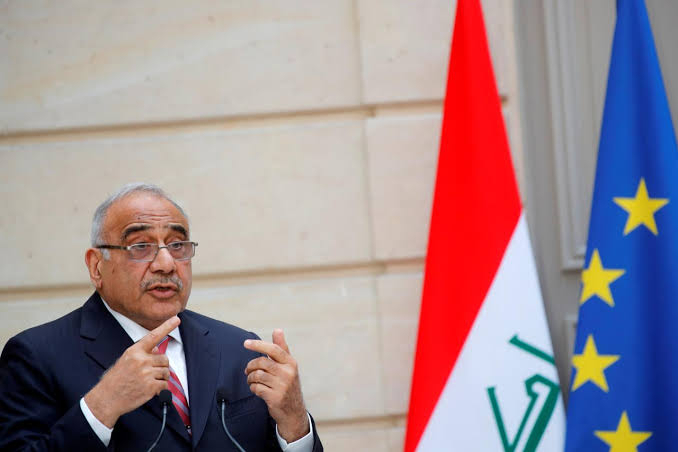
In a protest outside the Iranian consulate in the Shia holy city of Karbala, that turned violent, three were killed and 12 wounded. The figures were given by Iraqi High Commission For Human Rights. In the protest that took place on Sunday, the activists climbed on the concrete barriers, burnt tires, threw stones, pulled down Iranian flag and replaced it with an Iraqi flag. In the retaliation, the security forces opened fire, that left 3 dead and 12 injured. The attack on Iranian consulate is seen as a sign of anger against Iranian influence in Iraqi politics.
Protests first broke out on October 1 as a reaction against large-scale unemployment, widespread corruption and poor public facilities in the country. It was aimed not just at toppling the present regime but at the complete overhaul of the present political system based on sectarian power sharing, rather than on merit. The present system was imposed after the ouster of Saddam Hussein's regime by the US in 2003.
The protests that started over a month ago, centred around the country's capital Baghdad and southern Shia-dominated regions, have often turned violent, killing 250 and injuring thousands. The protesters have imposed a blockade in Baghdad as well as in Iraq's vital gulf port of Umm Qasr, situated close to the oil rich town of Basra.
The erstwhile Tahrir Square came back to life in these protests with its dilapidated tower that once housed a luxurious Turkish restaurant. The 14-storey tower has become a landmark in current protestsas people have converged here and Jumhuriyah (Republican) Bridge demanding jobs. The protesters have nicknamed it 'The Turkish Restaurant' again and Iraqi flags and banners have donned the site.
Amnesty International's Senior Crisis Adviser Brian Castner, meanwhile, blamed that military grade grenades are being fired at civilians causing horrific injuries. "All the evidence points to Iraqi security forces deploying these military-grade grenades against protesters in Baghdad, apparently aiming for their heads or bodies at point-blank range," said Lynn Maalouf, Middle East Research Director at Amnesty International.
Last week, the Prime Minister offered to resign once political leaders agreed on his replacement.









